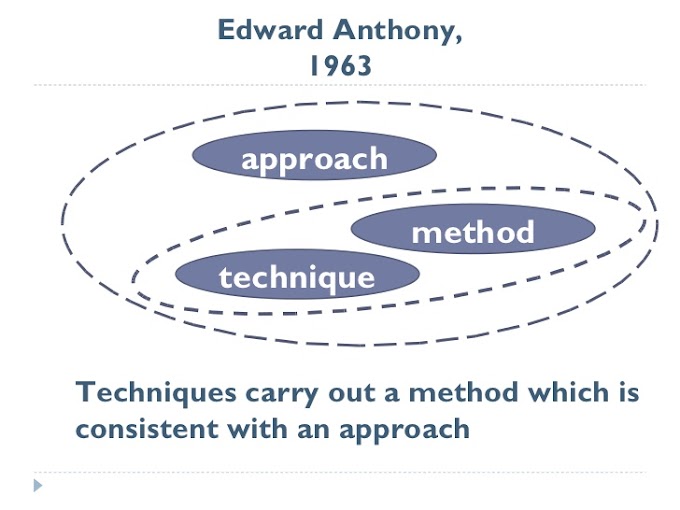Considering Aristotle’s definition, Oedipus in Sophocles’ King Oedipus has all the characteristics of an ideal tragic hero. Oedipus is a good natured person and has royal blood in his veins. He becomes the king of Thebes for his wisdom and intelligent. But he has some flaws in his character which makes him suffer unequal misery.
According to Aristotle, the first feature of a tragic hero is that he should be neither virtuous nor evil but an intermediate person who is on the side of good. Oedipus is such a man. He is a good man, sympathetic to his subjects. He is moved by the suffering of his people caused by the plague. The following lines reveal his noble heart:
“And while you suffer, none suffers more than I.
You have your several griefs, each for himself;
But my heart bears the weight of my own, and yours
And all my people’s sorrows. I am not asleep.”
Besides being a good and noble character, Oedipus by birth is the son of King Laius and Queen Jocasta of Thebes. He was also brought up by Polybus, king of Corinth. So, from both sense he has royal roots. Again, he becomes the king of Thebes by his intelligent and wisdom.
Despite Oedipus’ noble qualities, he has some flaws in his character and for them he is doomed at the end. The first flaw is that he is stubborn. It is evident when Teiresias refuses to disclose the killer of Laius. Oedipus insists on disclosing the identity of the killer and at one point Teiresias reveals the truth. His stubbornness is seen once again when he wants to know his parentage from the shepherd though Jocasta repeatedly requests him to stop his search. But when the truth is revealed, he cries out:
“Revealed as I am, sinful in my begetting,
Sinful in marriage, sinful in shedding of blood!”
Another flaw in his character is his short temperament. He loses his temper quickly and then acts blindly. The consequence of his bad temper is the murder of King Laius, which he could avoid easily. In fury he also accuses Teiresias and Creon of treachery. All these tragic flaws are the main cause of his tragic end. His downfall from prosperity to misery -- sight to blindness, kinghood to exile, and “greatest of men” to “father-killer and father-supplanter” -- thus is not out of depravity or vice but it is out of errors inherited in his character.
However, Oedipus suffers greatly and “no man will know worse suffering” than he. He commits patricide and incest but he does everything to avoid those. His suffering exceeds his crime and the audiences see him as one of them. They feel pity for his misery and also fear that what happens to Oedipus might happen to them.
In fine, it can be said that Oedipus is a classic example of tragic hero. He enjoys the highest level of reputation and prosperity as a king, as “the greatest of man “ and “equal to gods”. His downfall is like a heavy rock from high above and it is for his own flaws. At the end, his downfall successfully brings emotional purgation or catharsis which is the prime aim of tragedy.




0 Comments